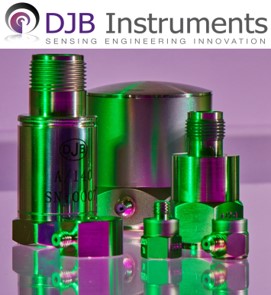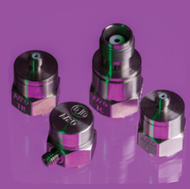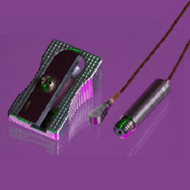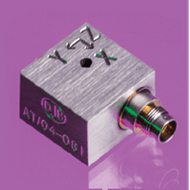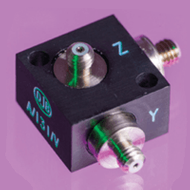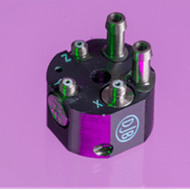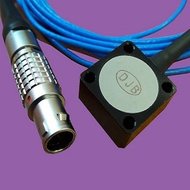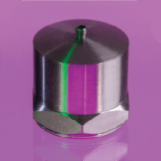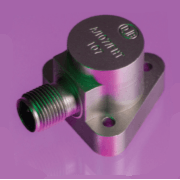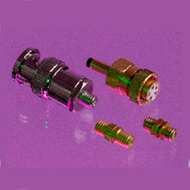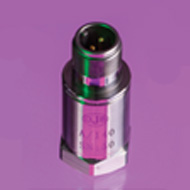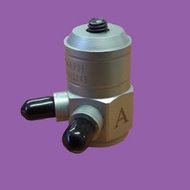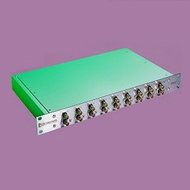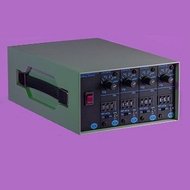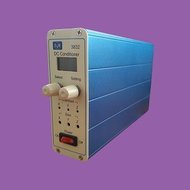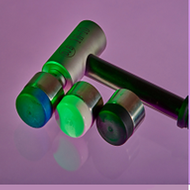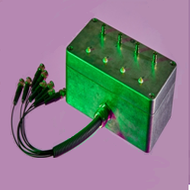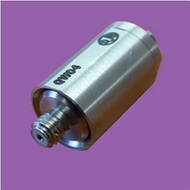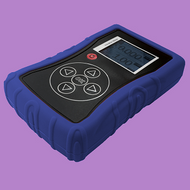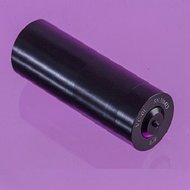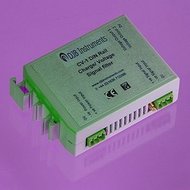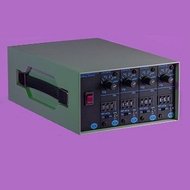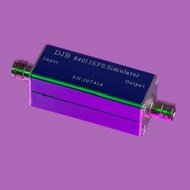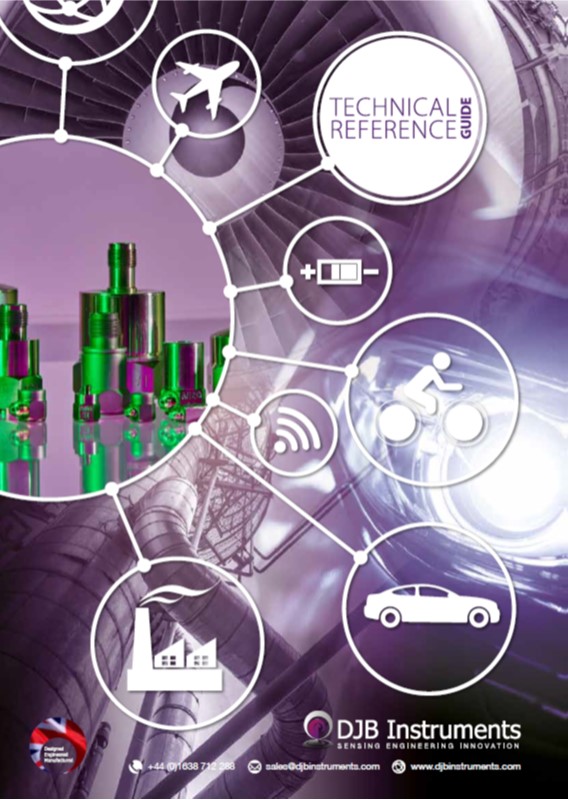DJB Instruments UK Ltd offers the widest range of assembled stock cables for accelerometers, for same day despatch and with more than 15,000 connectors and 40 different cable types available in stock we can also assemble cables to suit the customer requirements.
Cable Assembly
Specialist Cable & Assembly for Challenging Applications – Anything IS Possible! DJB provides a bespoke cable assembly service offering a vast range of cables from just 0.8mm diameter, including low noise and armoured solutions whilst offering a wide range of connectors made both in house and off the shelf. This together with excellent relationships with cable manufacturers means we can be very supportive of special requests. Click for more detail.
Free Cable Inspection
DJB offers a service where you can send up to 20 cables for us to inspect free of charge. We will supply a report detailing the health of your cables for you to assess your options
Cable Repair Service
Save money and be ‘GREEN’ to boot by utilising your existing cables. We can make good of most manufacturers and with the free cable inspection prior to commencing you will be kept up to speed right throughout the process. Click for more detail.
How confident are you that your current cables are aiding your work without ultimately affecting the data? Why not take advantage of the free cable inspections service so you can be sure of peak performance.
Read more
